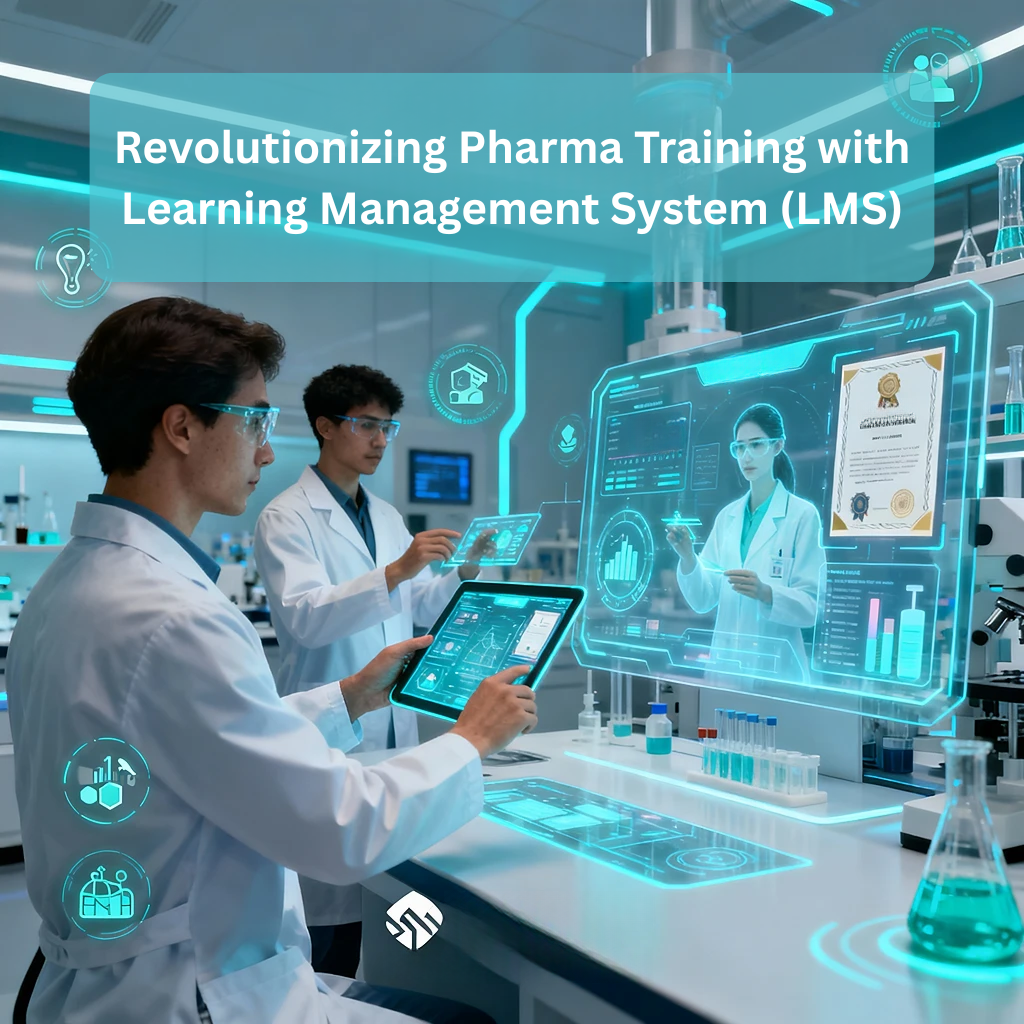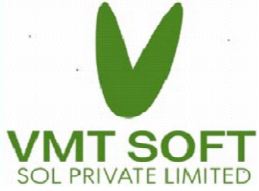In the pharmaceutical industry, maintaining quality and compliance isn’t just a best practice—it’s a regulatory requirement. Yet, despite the high standards, many pharma organizations still rely on outdated, manual training processes that create inefficiencies, widen skill gaps, and increase the risk of audit findings.
As the industry continues to evolve under strict global standards such as GMP, GxP, ISO 9001, and FDA 21 CFR Part 11, it’s time for companies to embrace modern digital tools like a Learning Management System (LMS). A Learning Management System for pharma not only simplifies employee training but also ensures continuous compliance, efficiency, and performance improvement across departments.
The Problem: Manual Training Challenges in Pharma
In many pharmaceutical organizations, training management is still handled through spreadsheets, emails, or even paper-based records. While this might have worked a decade ago, it’s no longer sustainable in a data-driven industry that demands accuracy, traceability, and regulatory adherence.
- Here are the key challenges pharma companies face with manual training management: Inconsistent Record-Keeping: Paper-based systems make it difficult to maintain up-to-date records for each employee’s training status.
- Delayed Approvals: Tracking and approving training completion manually can take days or even weeks.
- Skipping of Trainings: In manual processes, assignments are often given to employees without completing their required training, leading to compliance gaps and audit findings.
- Audit Risks: Missing or outdated training documentation can result in non-compliance during audits and inspections.
- Skill Gaps: Without real-time tracking, identifying training needs or competency gaps becomes nearly impossible.
- Scalability Issues: As pharma organizations expand across multiple sites and functions, manual systems fail to support growth.
The result? Training delays, compliance breaches, and a workforce that struggles to stay aligned with ever-evolving SOPs and quality standards.
The Solution: Why Pharma Needs a Learning Management System (LMS)
A pharma Learning Management System (LMS) is a specialized digital platform that automates training administration, documentation, tracking, and reporting. It’s designed to help life sciences and healthcare organizations meet regulatory requirements while fostering a culture of continuous learning.
An LMS for pharmaceutical companies centralizes all training processes—making it easier for Quality Assurance (QA), HR, and department heads to assign, track, and verify employee training in one place.
With features such as electronic records, digital signatures, and audit-ready logs, a Learning Management System for pharma provides end-to-end compliance with regulatory guidelines including:
- US FDA 21 CFR Part 11
- EU Annex 11
- ICH Q10 Quality Management System Guidelines
- ISO 13485 (for medical devices)

Key Features of a Pharma LMS That Drive Transformation
A Learning Management System for the pharmaceutical industry is not a generic e-learning tool—it’s built specifically for regulated environments. Let’s explore the key features that make it essential for pharma companies:
1. Centralized Course Creation and Management
Create, manage, and distribute all training materials in one platform. Whether it’s SOP training, GMP updates, or role-specific modules, a pharma LMS ensures that the right content reaches the right employee at the right time.
2. Automated Training Assignments
The system automatically assigns required training to new employees based on their roles and departments—eliminating manual errors and ensuring everyone is trained according to compliance needs.
3. Real-Time Progress Tracking
Supervisors can monitor training completion status, test scores, and certification validity through intuitive dashboards—helping identify who needs re-training or additional guidance.
4. Integration with DMS and QMS
A modern LMS for pharma companies integrates seamlessly with Document Management Systems (DMS) and Quality Management Systems (QMS). Whenever a new SOP is uploaded, the system can automatically trigger a related training module for relevant employees.
5. Compliance-Ready Documentation
Every action—enrollment, completion, assessment, and certification—is time-stamped and stored in the system for audit readiness. This helps ensure full compliance with global pharmaceutical regulatory standards.
6. Assessments and Certifications
The LMS supports quizzes, tests, and assessments after each training session. Upon successful completion, employees receive digital certificates, creating a verified trail of learning and compliance.
7. Multi-Site and Role-Based Access
The LMS supports multiple plant locations and offers role-based access control, ensuring that employees only see training relevant to their position and responsibilities.
Benefits of Implementing a Learning Management System in Pharma
The implementation of an LMS in the pharma industry goes beyond compliance—it transforms the organization’s learning culture and operational efficiency.
Here’s how:
- ✅ Ensures Regulatory Compliance: The system provides traceable, audit-ready records for every employee training session.
- ✅ Reduces Human Error: Automation minimizes manual data entry mistakes.
- ✅ Increases Efficiency: Automated workflows save time for training coordinators and QA teams.
- ✅ Improves Employee Competency: Continuous learning programs keep employees up to date with the latest SOPs and GMP standards.
- ✅ Supports Remote and Global Teams: With cloud-based or on-premise deployment, teams across locations can access training anytime, anywhere.
- ✅ Enhances Audit Preparedness: With digital records and real-time reports, audit readiness becomes seamless.
Real-World Impact: The Future of Pharma Training is Digital
Imagine a scenario where every employee’s training progress is automatically tracked, certificates are generated digitally, and training reports are available with just one click. When auditors arrive, QA teams can instantly present complete training records for every team member.
That’s the power of a Learning Management System for pharmaceutical companies. It doesn’t just simplify training—it builds a culture of compliance and accountability across the organization.
Moreover, by integrating LMS with other pharma software solutions like QMS, DMS, and LIMS, companies can create a fully connected ecosystem that ensures quality, consistency, and regulatory control from start to finish.
The Bottom Line: From Manual Chaos to Digital Clarity
Outdated, manual training systems are no longer sustainable in an industry that demands precision, compliance, and speed. By adopting an advanced Learning Management System for pharma, companies can transform employee training into a strategic advantage.
VMT Pharma Soft Sol Pvt. Ltd. offers a comprehensive LMS solution tailored for the pharmaceutical and life sciences sector. Whether deployed on-premise or cloud-based, it automates every aspect of employee training—from onboarding to certification—ensuring complete compliance and continuous growth.
✨ Empower your teams. Simplify compliance. Elevate quality.

